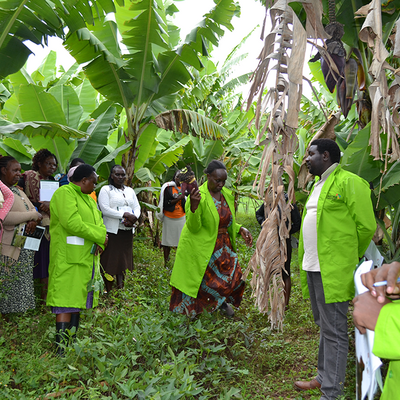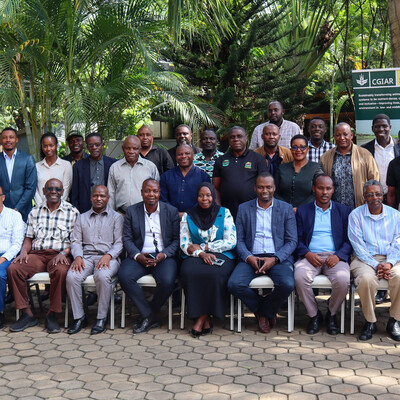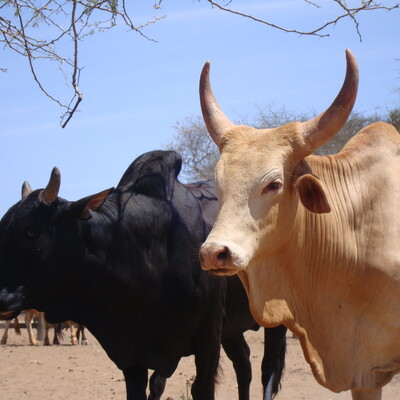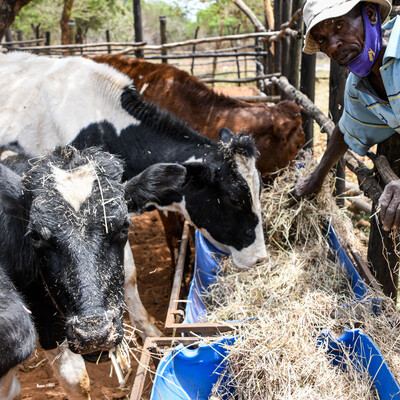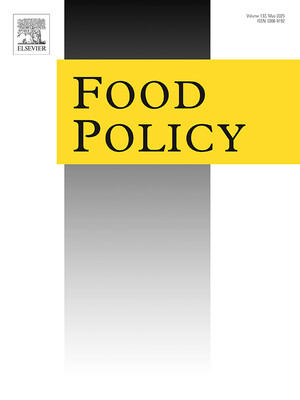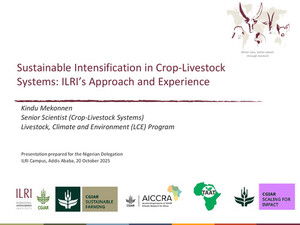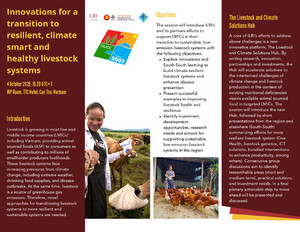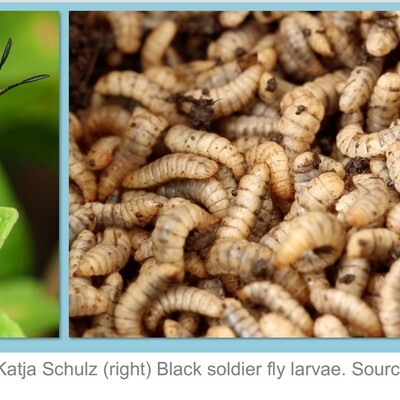
Mzima livestock project
Trypanosomiasis is one of the most significant constraints to cattle production in Africa, directly affecting livestock productivity (meat and milk production) and indirectly lowering general farm productivity as cattle can play a crucial role as beasts of burden.
A study mapping the benefits of eradicating trypanosomiasis in the Horn of Africa estimated that benefits per square km would be up to USD12,500 over 20 years in areas where the disease’s impact and costs are highest.
Existing trypanosomiasis control measures include insecticide use to control tsetse populations, which is expensive and has as yet unquantified environmental effects. Efforts to develop a vaccine against the parasites have not yielded positive outcomes due to the ability of the pathogen to vary its surface coat. Although some breeds native to West Africa are tolerant to infection with trypanosomes, they are small and unproductive and continue to harbour and transmit pathogens. An alternative approach is required.
Trypanosomiasis is one of the most significant constraints to cattle production in Africa, directly affecting livestock productivity (meat and milk production) and indirectly lowering general farm productivity as cattle can play a crucial role as beasts of burden.
A study mapping the benefits of eradicating trypanosomiasis in the Horn of Africa estimated that benefits per square km would be up to USD12,500 over 20 years in areas where the disease’s impact and costs are highest.
Existing trypanosomiasis control measures include insecticide use to control tsetse populations, which is expensive and has as yet unquantified environmental effects. Efforts to develop a vaccine against the parasites have not yielded positive outcomes due to the ability of the pathogen to vary its surface coat. Although some breeds native to West Africa are tolerant to infection with trypanosomes, they are small and unproductive and continue to harbour and transmit pathogens. An alternative approach is required.






